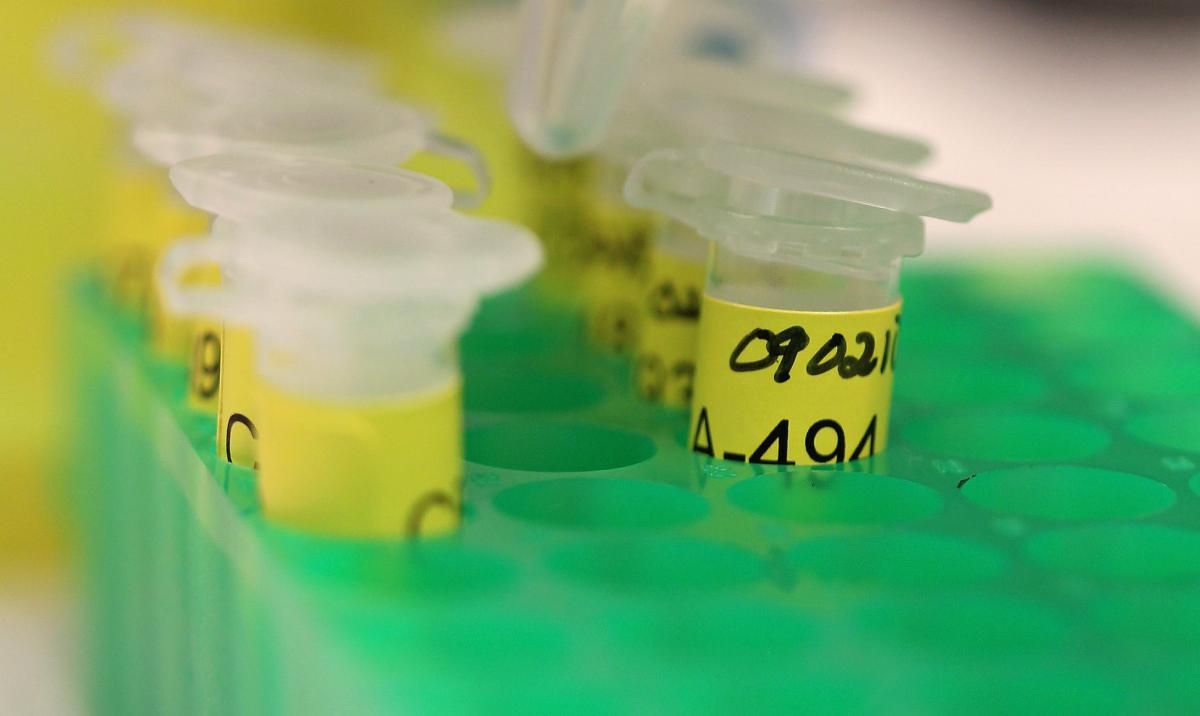Para ice hockey athlete Konstantin Shikhov receives 18-month ban for ADRV
IPC appeal to Court of Arbitration for Sport (CAS) against first instance national-level decision upheld 03 Feb 2023
Para ice hockey athlete Konstantin Shikhov has been sanctioned with an 18-month period of ineligibility for his commission of an anti-doping rule violation (“ADRV”).
On 16 November 2021, the athlete provided an in-competition urine sample, which was analysed and found to contain Chlorthalidone, a prohibited substance. Chlorthalidone is listed in class S5 (Diuretics and Masking Agents) of the Prohibited List, and its use without a Therapeutic Use Exemption (“TUE”) is prohibited both in and out of competition.
On 14 December 2021, the Russian Anti-Doping Agency (“RUSADA”) notified the athlete he may have committed ADRVs under Articles 4.1 and 4.2 of the All-Russian Anti-Doping Rules (presence and use of a prohibited substance).
At first instance, the athlete’s case was heard by the Disciplinary Anti-Doping Committee of RUSADA. On 28 January 2022, the RUSADA Committee concluded that the Athlete had committed an ADRV but that the appropriate sanction was a reprimand with no period of ineligibility.
On 21 March 2022, the IPC filed an appeal against the RUSADA committee’s decision with the Court of Arbitration for Sport (CAS) on the grounds that it was wrong for the RUSADA committee to sanction the athlete with a reprimand without imposing a period of ineligibility, and requesting CAS to replace the sanction with one commensurate with the athlete’s degree of fault for the violation.
The IPC accepted the athlete’s explanation that the Chlorthalidone in his sample was a result of his inadvertent ingestion of a tablet belonging to his wife, instead of the painkiller he intended to take. At the time, the athlete had removed his prostheses and had asked his wife to bring him his medication, without checking that it came from the correct packet. The athlete also failed to keep a proper system for the storage and division of medicines in his home, which made such a mistake more likely. The IPC successfully argued that the standard for No Significant Fault or Negligence is not reduced or lessened in the case of athletes with an impairment or disability (as previously confirmed by CAS jurisprudence).
The CAS concluded that in all the circumstances the Athlete had a normal degree of fault for his ADRV, having failed to take reasonable steps to ensure that he ingested the correct medication, therefore the appropriate period of ineligibility for the athlete’s violation is eighteen months, which will expire on 2 June 2024.
An IPC spokesperson said: “This case could have been avoided if the athlete had kept a proper system for the storage and division of medicines in his home, or checked the blister packet to ensure he was taking the correct medication and that it did not contain any prohibited substances. The case also confirms that athletes who test positive for a prohibited substance are not entitled to a reduced sanction simply because they have an impairment. The IPC will monitor national level decisions involving athletes with impairments and – if necessary – exercise its right to appeal decisions in order to uphold the fundamental principles of the Code”.
Each athlete is strictly liable for the substances found in his or her sample. An ADRV occurs whenever a prohibited substance (or its metabolites or markers) is found in their bodily specimen, whether or not the athlete intentionally or unintentionally used a prohibited substance or was negligent or otherwise at fault.
As a signatory to the World Anti-Doping Code, the IPC remains committed to a doping-free sporting environment at all levels. In the spirit of sport, the IPC will lead the fight against doping in sport for athletes with an impairment.




